Business
Stakeholders Seek New Strategies for Manufacturing Sector’s Resilience
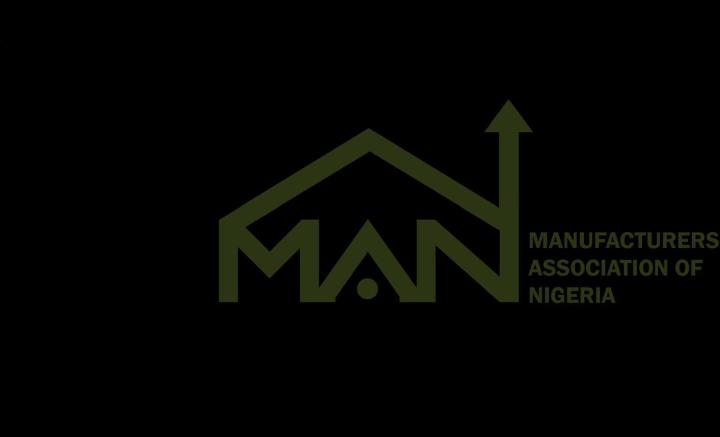
As Nigeria’s manufacturing sector faces severe challenges due to a tough business environment, stakeholders and industry experts have united to explore strategies for the sector’s survival and revival. The annual general meeting of the Manufacturers Association of Nigeria (MAN), Ikeja branch, served as a key forum for these discussions, highlighting the urgent need for adaptive strategies to navigate the sector’s mounting difficulties.
Amidst economic pressures threatening productivity and competitiveness, experts emphasized the importance of localization. By developing local talent and sourcing materials domestically, manufacturers can reduce their reliance on volatile foreign exchange markets, thereby mitigating the risks associated with currency fluctuations and supporting local economic growth.
The meeting, themed “Improving Productivity in Our Manufacturing Sector Through Enhanced Infrastructure and Competitiveness,” also stressed the adoption of advanced technologies. Innovations such as automation, artificial intelligence, and data analytics were highlighted as essential tools for revolutionizing production processes, reducing waste, and enhancing product quality to meet global standards.
Vincent Egbe, Managing Director of GB Foods Limited, delivered a compelling address on the current economic challenges faced by Nigerian manufacturers. He detailed the impact of high inflation, unstable exchange rates, and restrictive fiscal policies, which have significantly threatened the viability of many businesses. Egbe emphasized the need for flexibility and innovation in overcoming these hurdles, advocating for a long-term vision grounded in a belief in Nigeria’s economic potential.
Egbe’s speech underscored the urgency of finding local substitutes for imported raw materials, given the soaring costs of imports. He suggested that focusing on high-quality local alternatives could ease the financial burden and create opportunities for export, leveraging the naira’s devaluation to benefit regional markets.
Another critical issue Egbe raised was the talent deficit affecting productivity. With Nigerian companies competing with foreign entities for skilled workers, the country is experiencing a brain drain that impedes progress. Egbe urged manufacturers to collaborate more closely and integrate backward into local sourcing to address this talent gap and ensure a steady supply of quality inputs.
Francis Meshioye, President of the Manufacturers Association of Nigeria, echoed these sentiments, emphasizing the importance of fiscal policy, infrastructure development, and competitiveness for the sector’s survival. He called on manufacturers to stay alert for opportunities despite the challenges and assured that MAN’s leadership would continue to advocate for solutions to the industry’s pressing issues.
Robert Ugbaja, Chairman of MAN’s Ikeja branch, expressed appreciation for the support from the Lagos State Government. He highlighted the AGM as a crucial platform for strengthening advocacy efforts in fiscal policy, infrastructure, and business competitiveness. Ugbaja stressed that these efforts are vital not only for the manufacturing sector’s growth but also for generating valuable foreign exchange for Nigeria.
The central message from the meeting was clear: the future of Nigeria’s manufacturing sector relies on a combination of innovation, collaboration, and adaptability. To overcome the current economic challenges, the industry must unite and leverage these strategies to transform adversity into opportunity, securing its role as a key driver of Nigeria’s economic progress.
Business
Shehu Sani Criticizes World Bank Over Nigeria’s Economic Outlook
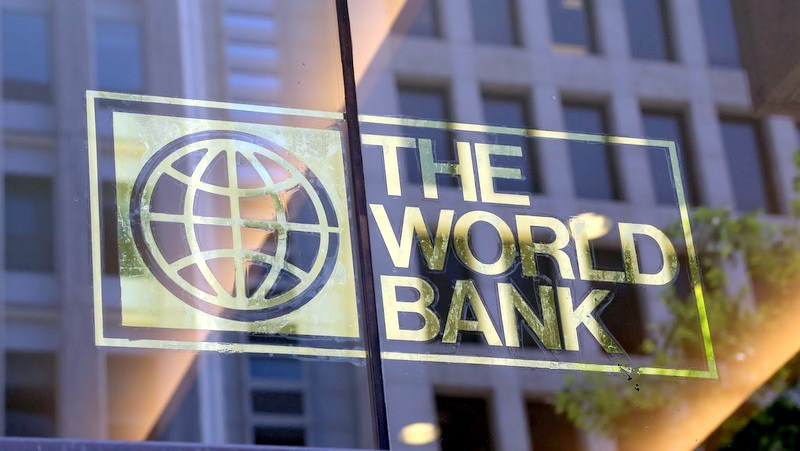
Former Kaduna Central Senator Shehu Sani has criticized the World Bank for worsening Nigeria’s economic difficulties. In a post shared on X, Sani accused the institution of projecting that Nigeria’s hardship would extend for another 15 years before the country could reach a better economic future. He questioned how many Nigerians would be left to enjoy that future, and how many African nations the World Bank has successfully helped to prosperity.
Sani’s remarks follow the World Bank’s latest *Africa’s Pulse* report, which forecasts that the Nigerian Naira will be among the worst-performing currencies in Sub-Saharan Africa by August 2024. The report placed the Naira’s decline alongside that of the Ethiopian Birr and South Sudanese Pound.
Business
HIG: Building Trust and Driving Innovation in Nigeria’s Insurance Market

Heirs Insurance Group (HIG) recently announced impressive financial results for the 2023 fiscal year, marking significant growth across all key metrics. The Group’s Gross Written Premium (GWP) surged by 59.3%, from N19.9 billion in 2022 to N31.7 billion in 2023. This remarkable performance underscores HIG’s resilience and operational efficiency, further solidifying its position as one of Nigeria’s fastest-growing insurance firms.
Heirs General Insurance (HGI) saw a 77% increase in GWP, reaching N12 billion in 2023. HGI’s profit before tax (PBT) also rose by 203%, reflecting the company’s effective cost management. Similarly, Heirs Life Assurance (HLA) reported a 71% GWP increase and a staggering 395% rise in PBT. Both companies have demonstrated a strong commitment to customer satisfaction, disbursing billions in claims.
Beyond financial success, HIG actively engages in corporate social responsibility (CSR) projects, contributing over N100 million to education, community development, and financial literacy. With plans for future expansion and innovation, HIG is poised to remain a key player in Nigeria’s evolving insurance market.
Business
Wike Urges Nigerians to Pay Taxes for Improved Social Services
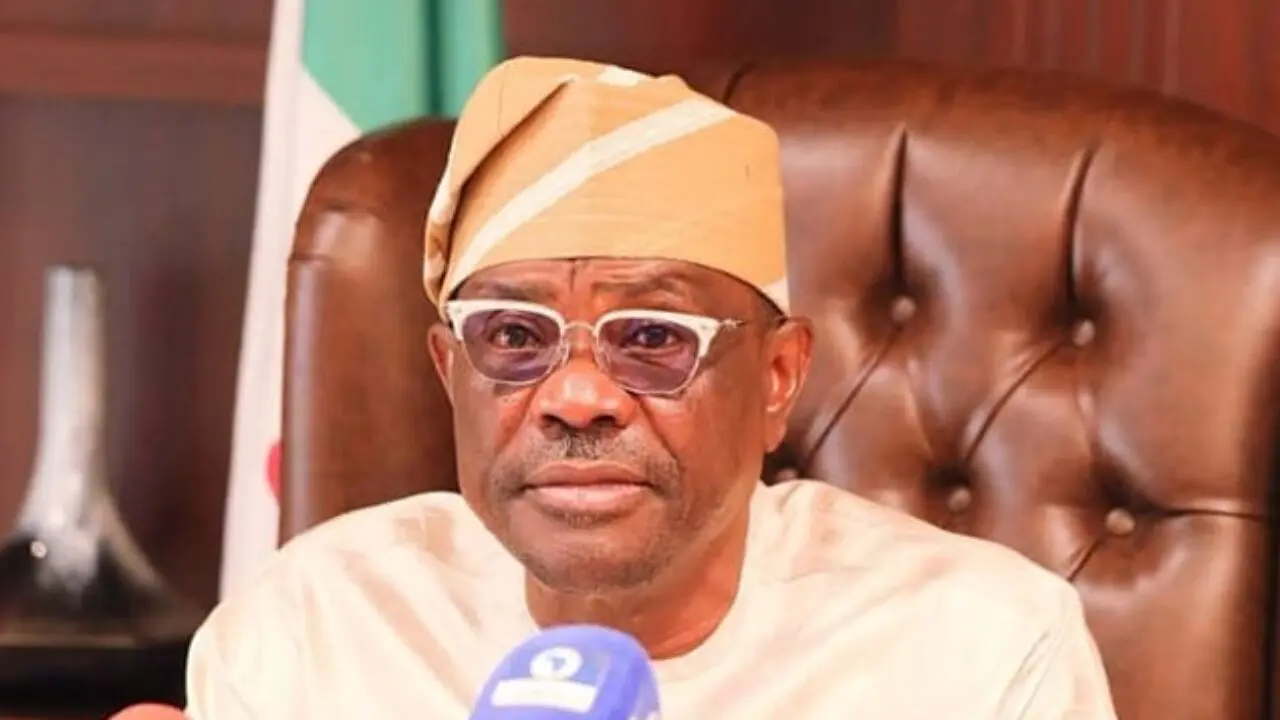
Federal Capital Territory (FCT) Minister, Nyesom Wike, has called on Nigerians to fulfill their tax obligations, emphasizing that government revenue is essential for delivering social services. Wike made this appeal during the inaugural Abuja Business and Investment Summit, held in Abuja on Wednesday.
Speaking on the summit’s theme, “Optimising Investment Through Partnerships,” Wike stressed the importance of collaboration to generate investment opportunities. He dismissed the misconception that the government does not need revenue, explaining that taxes are crucial for funding public services.
Wike reiterated that both investors and the government must benefit from such partnerships, ensuring that both parties “go home smiling” through a fair exchange of services and taxes.
-
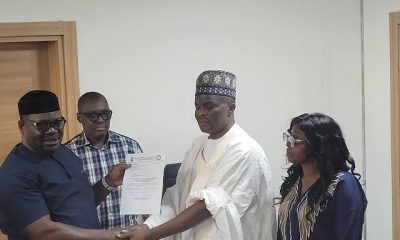
 Business15 hours ago
Business15 hours agoOkpella Monarch: Obaseki Ratified Kingmakers Decision, End 5years leadership Vacuum
-

 Banking11 hours ago
Banking11 hours agoFree Food Saga: Akpabio quoted out of context-CSO
-

 Foreign15 hours ago
Foreign15 hours agoSci-tech innovation fuels China’s high-quality development
-

 Entertainment7 hours ago
Entertainment7 hours agoDavido Declares ‘Timeless’ His Best Album
-

 Entertainment7 hours ago
Entertainment7 hours ago‘Adire’ Secures Four Nominations at the Best of Nollywood Awards
-
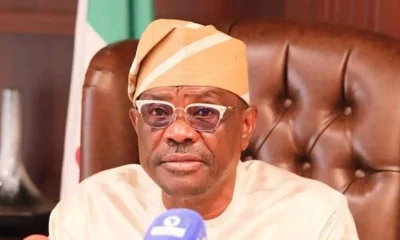
 Business8 hours ago
Business8 hours agoWike Urges Nigerians to Pay Taxes for Improved Social Services
-

 Foreign9 hours ago
Foreign9 hours agoQinling Mountains better safeguarded with comprehensive digital platform
-
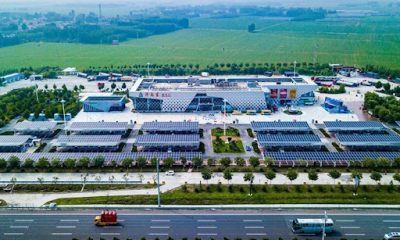
 Foreign9 hours ago
Foreign9 hours agoExpressway service station in Shandong achieves carbon neutrality






